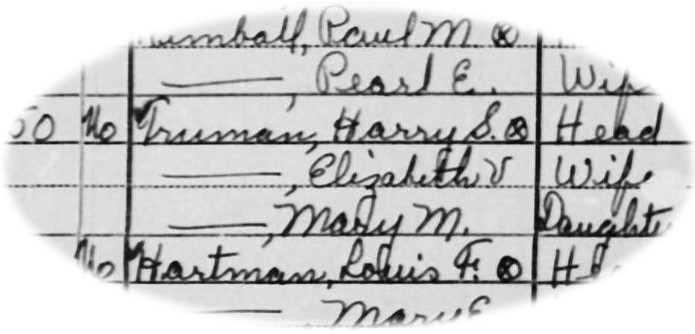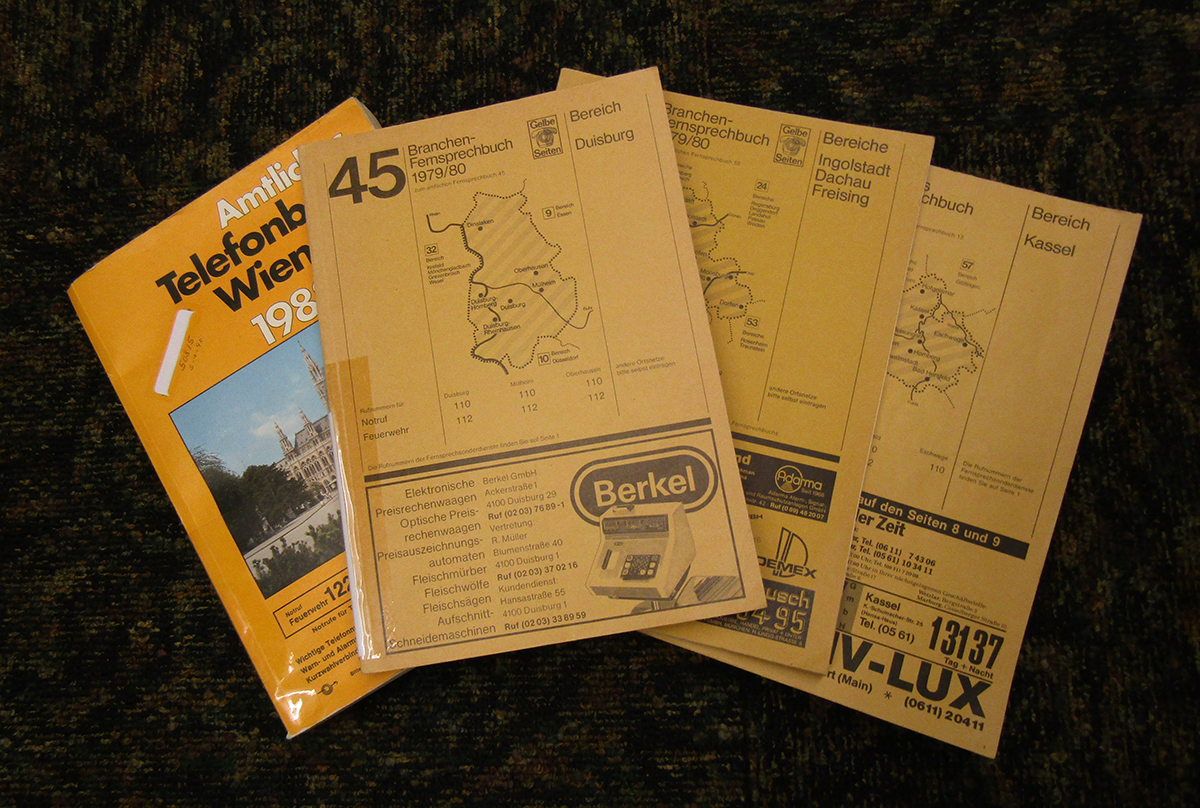
October 11, 2023
Long before there was a Midwest Genealogy Center, I was an American History teacher. I strongly suspect that if you asked my students or colleagues, they would tell you my history classes were somewhat different – more interactive than was typical for the times and less focused on the memorization of dates associated with key historical events. Determined to teach the importance of viewing events in context, I advocated timelines over exact years and frequently included sequencing activities on assignments and assessments.
Now, don’t get me wrong, some dates – like the birthdates of close family members and one’s wedding anniversary – simply MUST be committed to memory. To be an informed American, one should probably also have an idea of the U.S. historical events that occurred in 1607, 1620, 1775/1776, 1789, and 1865. (Some of you have, no doubt, just stopped reading to either congratulate yourself for passing this impromptu history “quiz” or to grab your cellphone to see why these dates made the list).
Family research has taught me that genealogy dates are somewhat subject to interpretation, reinforcing my theory that it is essential to view dates with context and reason, rather than taking each date at its face value. Case in point: Raise your hand if you have run across consecutive federal censuses where one or more family members did NOT age exactly 10 years during the 10 years between these records. Yep. Lots of hands just went up, and I’m right there with you.
My adventures in genealogy have also offered up new, specific years to add to my dates-to-know list. For example, immigrant ancestors arriving after 1820 have a better chance of leaving a paper trail than ancestors arriving in America prior to that date due to questions on the U.S. census that specifically asked about citizenship, immigration, and/or naturalization. The 1850 and 1880 U.S. Federal Censuses are noteworthy due to the addition of family names and relationships in these years, respectively. 1870 – the first federal census to include the names of people who were formerly enslaved – and 1890 – the lost census – are two more census dates to know, and so many more.
What dates have you committed to memory during your own family research? Maybe dates of location changes for your ancestors due to events like the Trail of Tears or the Irish Famine? Perhaps your list includes dates of specific military engagements or changes in county or state borders that necessitate a research shift from one locale to another. What other dates should one know to help make research time more effective?
So glad you asked! Mark your calendars for Friday, November 10, and join the MGC staff for an after-hours adventure “Beyond the Seas.” This lock-in event will feature research, learning, food, and fun plus a special dinnertime production of “The Date-ing Game” with still more dates-to-know. Following the dinner and show is a presentation by guest speaker Lauri Jean Swett, break-out sessions, and extended research hours for registered participants. For more information, go to https://www.mymcpl.org/genealogy/events/mgc-lock-in, and sign up today to be a part of this special 2023 event!
Kim A.
Midwest Genealogy Center
Read Similar Blogs:
Genealogy







